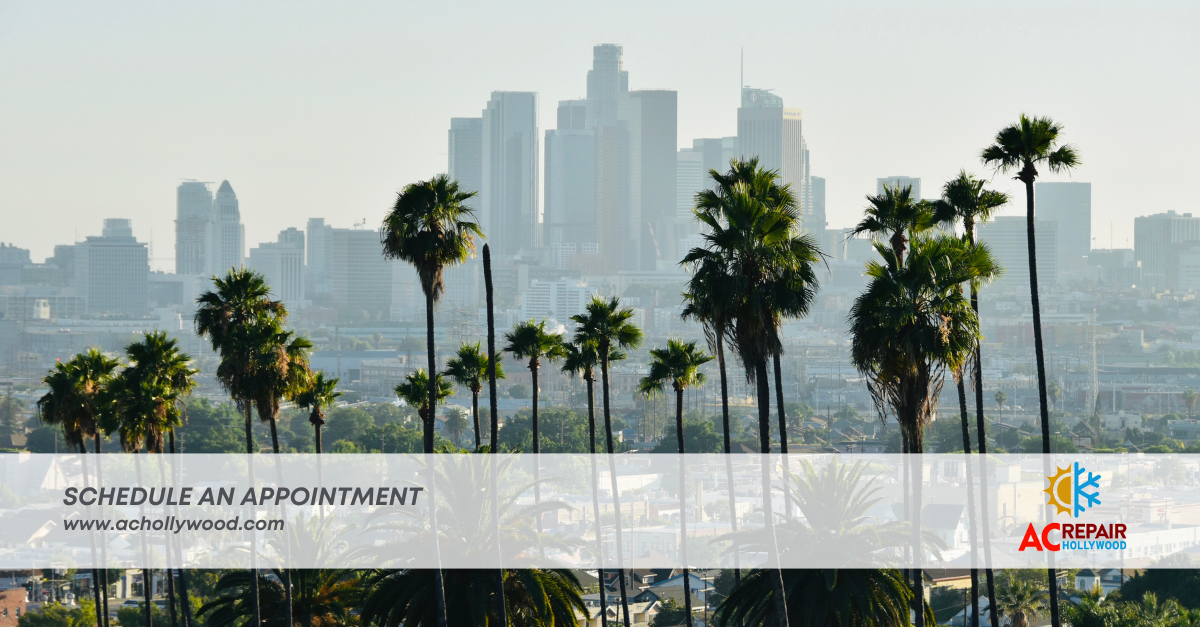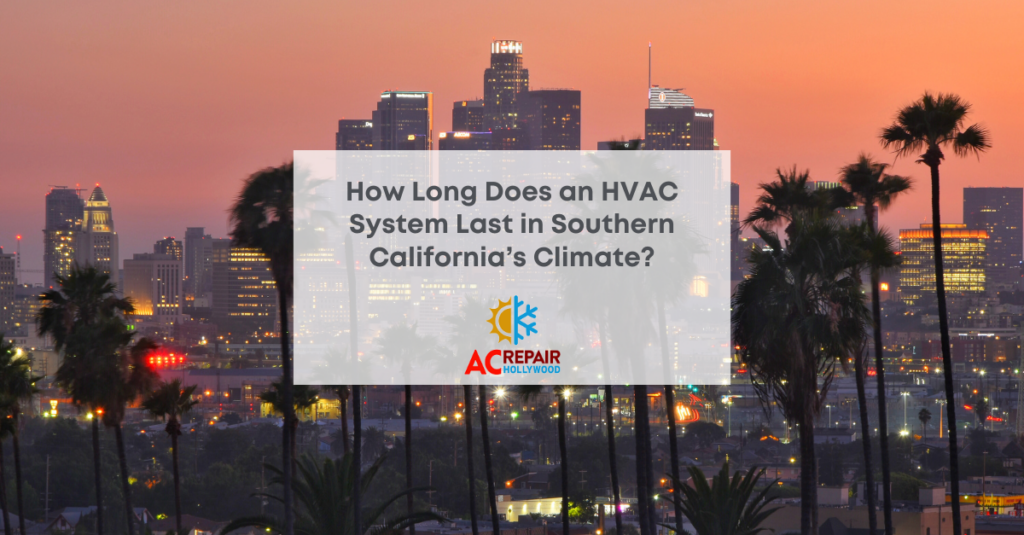Introduction: Understanding HVAC Lifespan in Southern California
Southern California’s climate is unique, offering warm summers, mild winters, and occasional coastal humidity. These conditions can impact the longevity of your HVAC system. Whether you own a residential or commercial property, knowing how long an HVAC system typically lasts—and how to extend its life—can help you save money and maintain a comfortable indoor environment.
Average Lifespan of an HVAC System
The lifespan of an HVAC system varies depending on factors such as usage, maintenance, and component quality. Here’s a general guideline:
- Air Conditioners: 10-15 years
- Furnaces: 15-20 years
- Heat Pumps: 10-15 years
- Ductwork: 20-25 years
While these are standard estimates, Southern California’s moderate climate can allow HVAC systems to last closer to the upper range if properly maintained.
Factors Affecting HVAC System Lifespan in Southern California
1. Frequency of Use
Southern California’s weather means heavy AC usage in the summer and less reliance on heating during mild winters. Frequent operation during peak summer months can put wear and tear on your system.
2. Coastal Humidity and Salt Air
In areas near the coast, salt-laden air and humidity can corrode metal components, particularly outdoor units, leading to shorter lifespans.
3. Air Quality and Dust
The region’s air quality, including dust and occasional wildfire smoke, can clog filters and reduce system efficiency if not addressed regularly.
4. Maintenance Practices
Routine maintenance is critical. Neglecting tasks like cleaning coils, replacing filters, and inspecting refrigerant levels can accelerate system deterioration.
5. Installation Quality
Improper installation can lead to inefficiencies and early failures. Always rely on licensed professionals for HVAC installations.
Tips to Extend the Life of Your HVAC System
1. Schedule Regular Maintenance
Professional maintenance, at least twice a year, ensures your system runs efficiently and identifies potential issues early.
2. Replace Filters Frequently
Dirty filters force your HVAC system to work harder, leading to premature wear. Replace filters every 1-3 months depending on usage.
3. Invest in Quality Equipment
When replacing your HVAC system, choose high-quality units with good SEER (Seasonal Energy Efficiency Ratio) ratings to ensure longevity and performance.
4. Protect Outdoor Units
If you live near the coast, consider anti-corrosion treatments or protective covers for outdoor components to shield them from salt air and humidity.
5. Monitor for Repairs
Address small repairs promptly to prevent them from escalating into larger, costlier problems.
Signs Your HVAC System May Need Replacement
1. Frequent Breakdowns
If your HVAC system requires constant repairs, replacement may be more cost-effective.
2. Rising Energy Bills
Older systems lose efficiency over time, increasing energy costs. Upgrading to a newer, energy-efficient model can save money.
3. Uneven Cooling or Heating
A system nearing the end of its lifespan may struggle to maintain consistent temperatures throughout your home.
4. Age of the System
If your system is nearing or past the upper end of its expected lifespan, it’s time to consider an upgrade.

Conclusion: Plan for Long-Term Comfort
In Southern California’s climate, an HVAC system can last a decade or more with proper care and maintenance. By understanding the factors that affect its lifespan and taking proactive steps, you can maximize your investment and ensure your home remains comfortable year-round.
For professional maintenance, repairs, or replacements in Hollywood and Los Angeles, contact AC Repair Hollywood today. Our experienced technicians are here to help extend the life of your HVAC system and keep it running smoothly for years to come.

